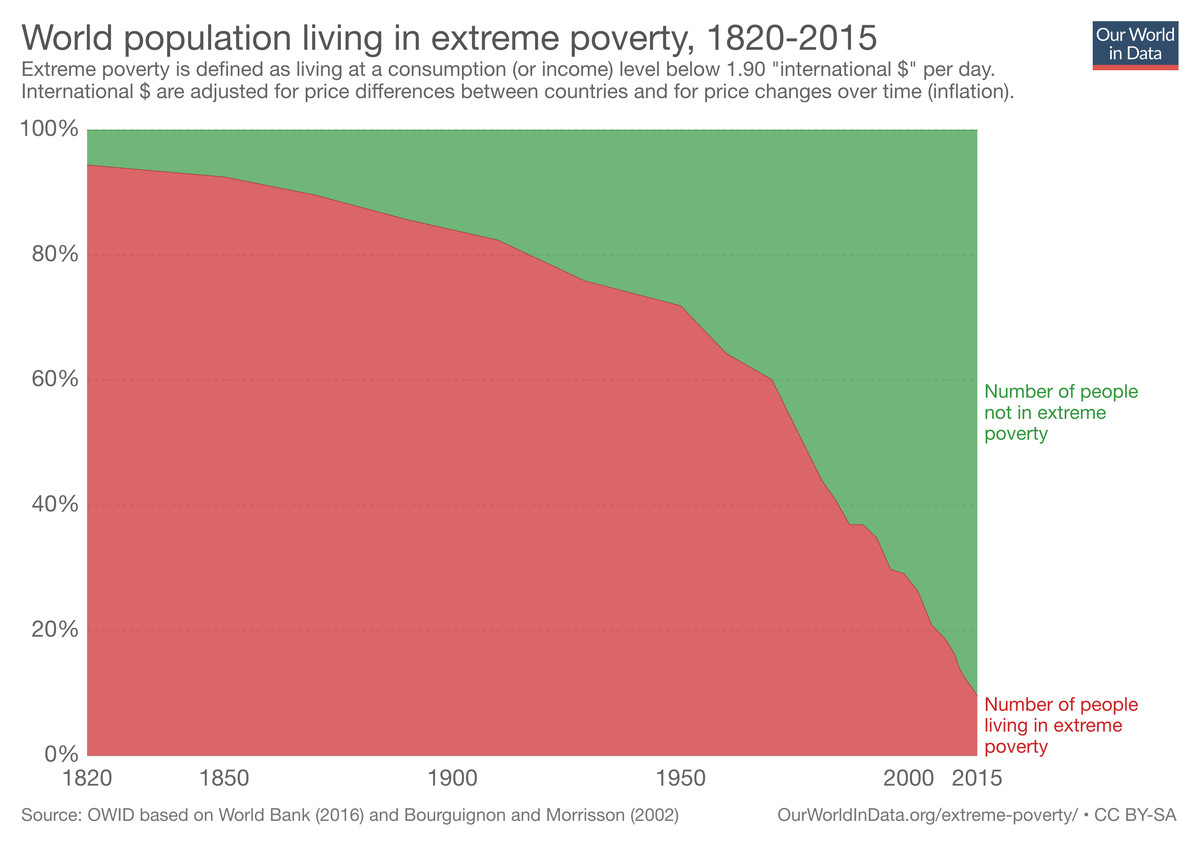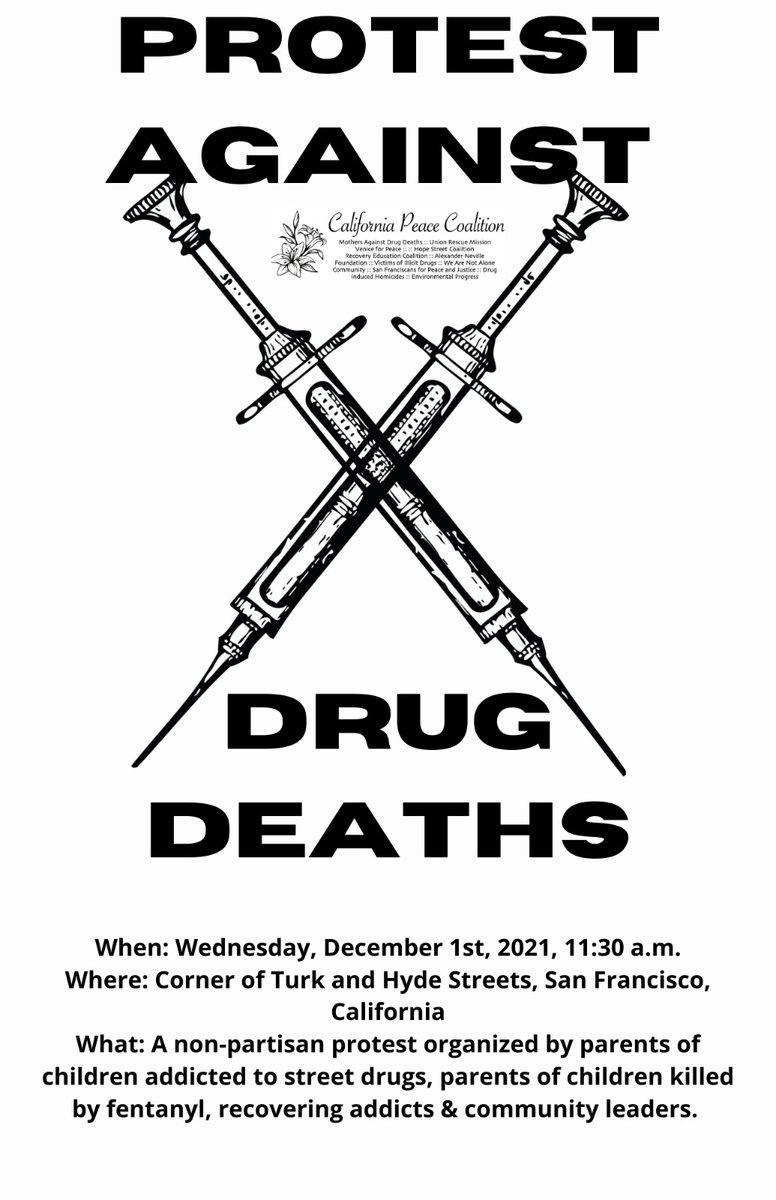
Many progressives insist police don't prevent crime, but a large body of research, and rising crime amidst widespread police shortages, offer strong proof that they do.
We should be more skeptical of the claims made by criminal justice reformers
michaelshellenberger.substack.com/p/why-violent-…
We should be more skeptical of the claims made by criminal justice reformers
michaelshellenberger.substack.com/p/why-violent-…
Clarence and Jacqueline Avant may not be household names but they are giants of black American music and philanthropy. Clarence is the former chairman of Motown Records, and responsible for the careers of some of America’s greatest African American musicians.
Jacqueline, 81, was president of Neighbors for Watts, an early child care organization, and a much-loved philanthropist. Netflix last year produced a film about Clarence and in October he was inducted into the Rock & Roll Hall of Fame with the love of his life at his side
At 2:23 am last Wednesday, Jacqueline was gunned down in her home by an intruder, with Clarence and security guard unable to stop him. “I’ve spent the day numbed and in shock,” tweeted Oprah. “The world is upside down.”
Magic Johnson said he and his wife were “absolutely devastated,” calling it “the saddest day in our lives.” Andrew Young, former UN ambassador, said “I’m wondering how it could have happened. This is a big mystery. They had no enemies in town. Everybody loved Clarence and Jacqui”
But shootings and homicides are rising sharply in Los Angeles. At least 1,800 people have been shot in Los Angeles in 2021, up from 1,530 in 2020. Homicides in L.A. rose nearly 50 percent, from 161 to 236, between January and October of 2020 and 2021.
In L.A. county as a whole, 773 people have been killed so far in in 2021. The suspect in Avant’s murder, Aariel Maynor, fled the scene but then accidentally shot himself in the foot after, apparently, robbing another house a few blocks away.
Maynor was released on parole on September 1 of this year, after having served two four-year terms for robbery and inflicting severe bodily injury. Over the last two years, L.A.’s progressive District Attorney George Gascón reduced the jail population by at over one-third.
“It’s a s–t show over here,” said a L.A. police detective. “Bad guys are released quicker than we can finish the paper work, and that’s just the tip of the iceberg.”
Incarceration rates in the United States are at a thirty-year low.
Incarceration rates in the United States are at a thirty-year low.
In 2019, the state and federal imprisonment rate of 419 prisoners per 100,000 US residents was the lowest it had been since 1995, and was a 17 percent decrease from 2009.
Progressives sold criminal justice reform based on the idea that nonviolent offenders would be released into some kind of supervisory care, but Gascón and other progressive D.A.s are releasing many violent offenders with few restrictions.
Law enforcement say they can feel the difference on the streets. “The criminals know they can do whatever they want,” said Beverly Hills police chief Mark Stainbrook after Avant’s death.
"Then multiply that by all the prisoners released from jail because of the coronavirus and the no-bail and it’s a nightmare and very frustrating from our end of it.”
Last year, Gascón eliminated cash bail for many offenses.
Last year, Gascón eliminated cash bail for many offenses.
The NY Times just published an article headlined, “He’s Remaking Criminal Justice in L.A. But How Far Is Too Far?” adding, “To keep people out of prison, George Gascón is risking everything: rising violent crime, a staff rebellion and the votes that made him district attorney.” 

There is now a bipartisan recall campaign underway that could remove him from office.
nytimes.com/2021/11/17/mag…
nytimes.com/2021/11/17/mag…
The other issue is that the Los Angeles’ progressive government reduced the L.A Police Department’s budget by $150 million in July, lowering its staff to its lowest level in 12 years. Today, L.A. has 500 fewer police officers than it did at this time last year.
Progressives say police can’t prevent these crimes. “Law enforcement is not gonna prevent the violence,” claimed Philip Atiba Goff, CEO of the Center for Policing Equity, to Scott Pelley of CBS News’ “60 Minutes” last month.
cbsnews.com/news/police-re…
cbsnews.com/news/police-re…
In 2020, then–vice presidential candidate Kamala Harris tweeted, "America has confused having safe communities with having more cops on the street. It's time to change that."

https://twitter.com/VP/status/1270484595499286529?s=20

But most people who commit crimes only do so because they believe they will get away with it. Deterrence, which means to frighten away, works.
It’s true that longer sentences do not necessarily work better than shorter ones, which is good news from both a humanitarian and economic point of view, but there must be consequences for breaking laws, and there must be sufficient police officers to scare criminals away.
In 2014, the police chief of St. Louis described less aggressive policing and more empowered criminals as the 'Ferguson effect.' Three months earlier, a white police officer in nearby Ferguson had killed an unarmed eighteen-year-old black teenager.
"I see it not only on the law enforcement side," said the chief, "but the criminal element is feeling empowered by the environment."
In 2015, the US Department of Justice asked one of the country's leading criminologists to investigate.
In 2015, the US Department of Justice asked one of the country's leading criminologists to investigate.
At first, Richard Rosenfeld from the University of Missouri–St. Louis was skeptical. He noted that homicides in St. Louis had already started rising before 2014. But after looking at the evidence, Rosenfeld changed his mind.
"The homicide increase in the nation's large cities was real and nearly unprecedented," he wrote in his 2016 report. Rosenfeld had found a 17 percent rise in homicide in the nation's largest cities, between 2014 and 2015.
Then, in the wake of the summer 2020 Black Lives Matter protests against police violence, the homicide rate increased on average by more than one-third in America's 57 largest cities. Homicides rose in 51 cities and declined in just 6 of them.
Rosenfeld told me when I interviewed him that he believed the 2020 homicide increase was in some significant amount caused by anti-police protests, which undermines belief in the police, particularly among black people.
"When people believe the procedures of formal social control are unjust," noted Rosenfeld, "they are less likely to obey the law." Researchers find that negative publicity about the police has a powerful impact on officers.
Those officers are more likely to believe that the public's attitude toward them has worsened and that their legitimacy is being questioned. And it makes them more fearful of having false allegations leveled against them.
At least two dozen police chiefs or senior officers resigned, retired, or took disability leave in America’s 50 biggest cities in 2020, while 3,700 beat officers left. Today there are fewer police officers per capita in America than at any time since 1992.
And there is good quantitative evidence that more police, and more policing, can reduce crime. In 2009, President Obama's stimulus package funded nearly a billion dollars in police hiring grants to struggling American cities.
A Princeton professor found that cities that qualified for the grant had increased policing by 3.2% and experienced a 3.5% decline in crime. The effect of more police was statistically significant for 'robbery... with suggestive evidence that police reduce murders as well.'
In New York City, effective policing helped reduce homicides dramatically between 2000 and 2020. Where Minneapolis homicide rate between 2015 and 2019 was between 15 and 17, New York's homicide rate was around 4 per 100,000 from 2015 to 2019.
Neither greater incarceration nor demographic changes can explain the dramatic declines in homicides and other crimes in New York. An 11 percent increase in people locked up correlated with a drop in killings five times as large.
Street crime fell 80% without a significant change in population structure, age distribution, or incarceration. By 2009, over three-quarters of the young men who would have gone to prison if NYC had followed the national trends did not. Good policing prevented over-incarceration.
It started in 1994 with the hiring of William Bratton as commissioner of the New York Police Department. Bratton introduced the CompStat process, which changed the police's central performance measure from arrest count to crime reduction.
The people who claim police don’t prevent crime acknowledge that their primary motivations are to reduce police violence & racial disparities in policing, not crime. That fact alone should have made journalists more suspicious of their claims that police don’t reduce crime.
But black Americans are eight times more die from homicide than white Americans, which makes homicide, not just policing and incarceration, a racial justice issue.
Meanwhile, police killings of African Americans have declined from 217 per year in the 1970s to 157 per year in the 2010s in the 58 largest US cities. And fewer police results in more police violence, since officers who are over-worked tend to be tired and more apt to use force.
Gascón today makes his ideological motivations clear by urging L.A. residents to not be distracted by rising homicides and focus instead on the goal of reducing the jail and prison population.
By having fewer people in jail and prison today, Gascón argues, there will be less crime and violence in the future. In response to direct questioning about rising homicides, Gascón told The New York Times, “people like me get paid to think a little further down the line.”
By demonizing the police and criminal justice system, progressives contributed to legitimizing crime. They claim to want alternatives to the police, like social workers for mental health calls. But police officers are needed for the vast majority of all mental health calls.
For the killing of Jacqueline Avant is to have any meaning beyond sheer horror at rising violence, the music and entertainment industry must rethink its knee-jerk support for progressive criminal justice reform.
That might start with some sort of collective apology for the demonization of the police. It might include a Netflix documentary that takes a serious look at the role of police in preventing crime.
And it must involve increasing the number of police and expanding the use of involuntary psychiatric hospitalization or rehab for addicts & people suffering from mental illness.
The alternative is rising crime, violence, and mass incarceration.
/END
michaelshellenberger.substack.com/p/why-violent-…
The alternative is rising crime, violence, and mass incarceration.
/END
michaelshellenberger.substack.com/p/why-violent-…
• • •
Missing some Tweet in this thread? You can try to
force a refresh










